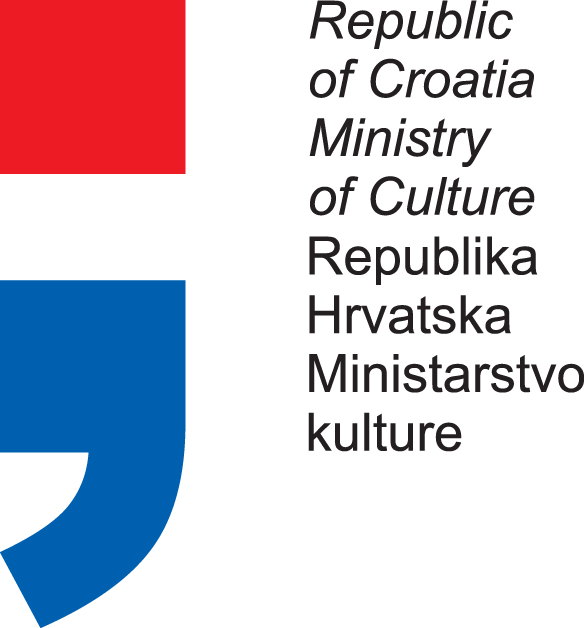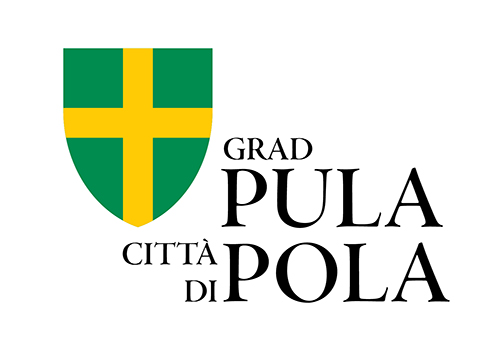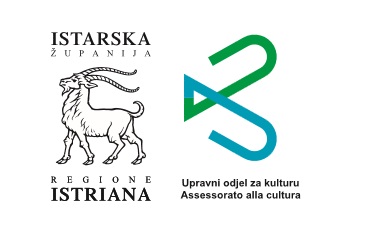
The Festival’s jubilee is nearing, but so is your jubilee as the director - your fifth year. Looking back, has it become easier or more difficult?
It’s become more significant. After a number of years organising the Festival, there’s much less unknown and the organisation is easier. However, you also become more aware of the size of the Festival, its tradition and all that it means to filmmakers, professionals and citizens, and it is therefore very important that it is a success, that everybody is happy, and that film finds it’s way to the audience.
Keeping the film programme in line with the organisation of the Festival requires more of an institutional balancing with the end goal of fulfilling the wishes of the professionals and the audience alike. It sometimes seems that they don’t even know each other exists, and each have their own requests. How to you consolidate all of this?
Regardless of all the harmonisation this requires, after all, it’s about people who love films, be it making or watching them. It is the magic of finding a way for one to meet the other that I think makes Arena the most beautiful place for the audience to experience film in all of its artistic expression glory, and the most beautiful place for the blue sky to make you forget about all your troubles.
The founder, Marijan Rotar, said that the Festival owes its long life Only to good organisation and a few good people. It is important for the organisation of the Festival to be in the hands of people who want to work and know how to do it, and who are going to give their all, because there are no working hours - once the ball gets rolling, you have to be in it fully… Do you agree?
When you do what you love, when you enjoy it, and you give it your all, results are sure to come. And if you have people like you working in your team, the positive energy and the momentum just keep you going. But I don’t think that’s the case only if we’re talking about the Festival, it’s true for everything in life. I am lucky to be working with young and creative people who inspire me every day, so it’s not work, it is pleasure.
The challenges of organising a Festival are under a microscope from the public. Organisation is often ‘blamed’ for tickets that get tossed in front of the Arena, as well as an unfavourable wind that blows in the flags. The current trend is to give media space to more banal, instead of meaningful things, but these are, after all, instant trends. What is the Festival really remembered by year after year?
I think it is a personal impression, even though the winners will say it is remembered by the Golden Arenas, good films, parties, meeting people, going for a night dip… Everybody remembers something different. I will forever remember the scene when it started to rain in the middle of the screening of Zrinko Ogresta’s On the Other Side at the Arena. People simply took out their umbrellas and continued to watch the film. That image of wet umbrellas reflecting the scenes of the film and the raindrops in front of the giant screen is something you can’t forget. It’s an ode to the film and to the director.
Each of the directors have left (or wanted to leave) their personal and professional mark. What do you insist on in terms of organisation?
We are a public institution, and it greatly determines the way we work, so I try to have things in such a way that the Festival can function without any one of us, but also that every member of the team leaves their own mark in the area they deal with. I think it is management and getting the best out of our co-workers. In the end, everybody is happy and I am the least important person in the whole picture. And, as any director of a festival, I am to be succeeded.
Alongside your professional responsibilities in terms of protocol, the media, and being the director of the Festival, to what extent do you have time to watch the film programme?
Regardless of the Festival, I love watching films. They contain different art, and that is, I guess, something that defines my life. I watch some of the films before the Festival, but out of respect for the artist, I watch all film competing for the Golden Arenas for the duration of the Festival.
The public is rather, if not completely, unfamiliar with what Pula Film Festival Public Institution does throughout the year.
The public obviously thinks our only job is to organise the Festival, but it is not so. As part of our system we have the Valli Cinema and its rich programme, as well as a technical service which puts up the stage at the Arena and other venues in the city and which puts up posters. We have taken over the event December in Pula, which ran for over a month this year. We organise the Day of the City of Pula and Pula Nights. Let’s not forget Films on Beach Towels and the screenings at Kaštel. Our work is certainly varied, but it is demanding in the sense of organisation, as we often work on several projects at the same time.
When was the last day you did not send a single business email?
I can’t remember. Somehow we are all online all the time, everything is supposed to be done right away, people send messages and emails at night, they send messages on Viber… It’s easier for me to answer immediately if I know the answer to their question and if I can answer. I remember a time when all of this didn’t exist, and the Festival was equally successful, with very good films. It is important to keep up with the spirit of the times.
Has the girl from Poreč cracked how to be a girl from Pula?
I am still working on the passwords.




